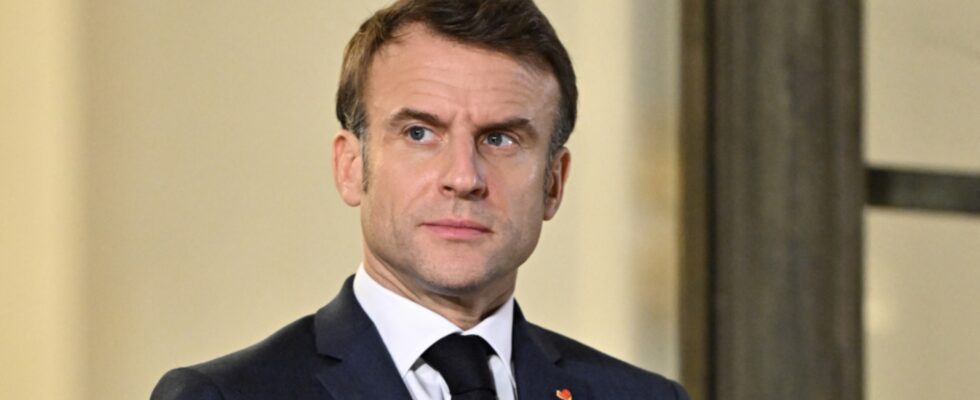Jacques Serais / Photo credits: MUSTAFA YALCIN / ANADOLU / ANADOLU VIA AFP
Farmers are moving closer to Paris, Lyon and the Rungis wholesale market on Wednesday, despite the executive’s attempts to dispel peasant unease and convince the demonstrators to stop their mobilization. Prime Minister Gabriel Attal promised Tuesday that the government would be “there, without any ambiguity” to respond to the current agricultural crisis, in his general policy speech to the National Assembly.
Despite these declarations, accompanied by some new measures, and outlines of concessions in Brussels, mobilization is not weakening, particularly on the issue of fallow land. After his state visit to Sweden, Emmanuel Macron, for his part, plans to go directly to Brussels this Wednesday evening where he will meet Thursday with the President of the Commission Ursula Von der Leyen.
And from Stockholm the head of state prepares his arguments, in particular on the question of exemptions from customs duties for wheat, sugar, or Ukrainian chicken. “Today we have things in volume and quality that are destabilizing the European market. These are things that we will seek to regulate,” he said.
Coherence of the European Union
“Regulate this market” while this system aims to support kyiv’s economic activity. Among the other summit issues, the free trade treaty between the European Union, Argentina, Brazil, Uruguay and Paraguay: “As the agreement is being negotiated with Mercosur, France is opposed to it. Because it is an agreement which does not impose rules which are homogeneous with ours”, further detailed Emmanuel Macron. This is also not the opinion of Germany, which is demanding this agreement.
Finally, the Head of State wants to address another issue: that of the 4% of land that farmers must not cultivate. “On the issue of fallow land, we need to produce more. We also want flexibility on certain rules in this CAP.” Emmanuel Macron is looking for coherence and unity in the European Union, very far from the words of Gabriel Attal, who defended on Tuesday the principle of a “French agricultural exception”.
